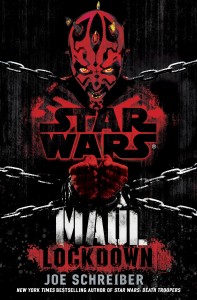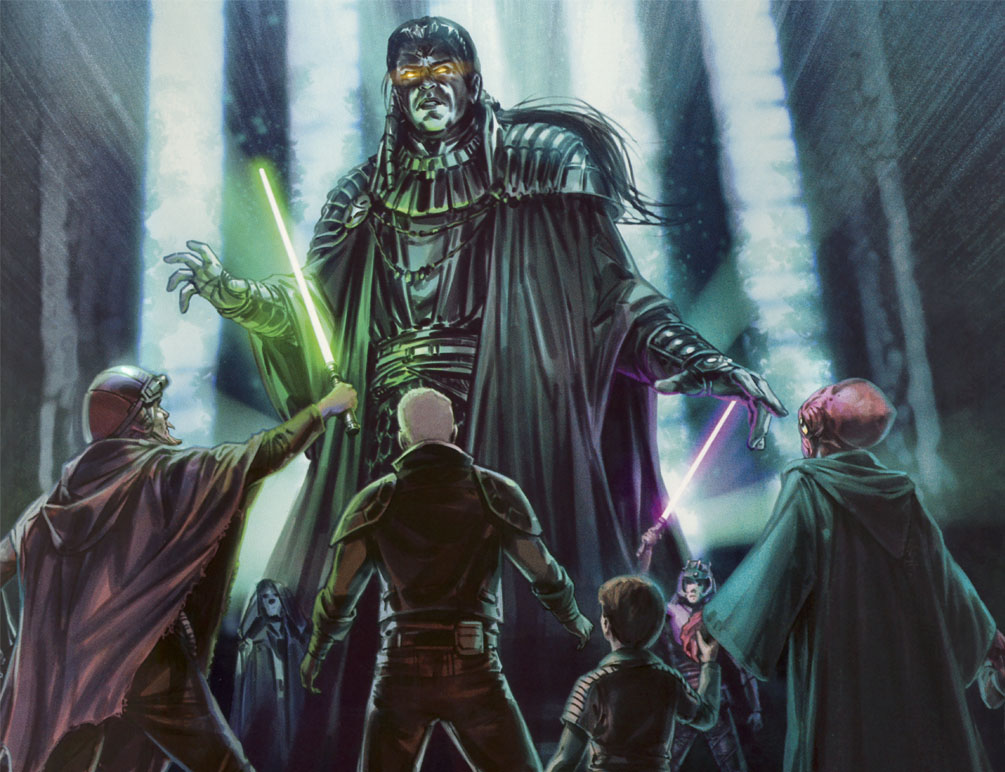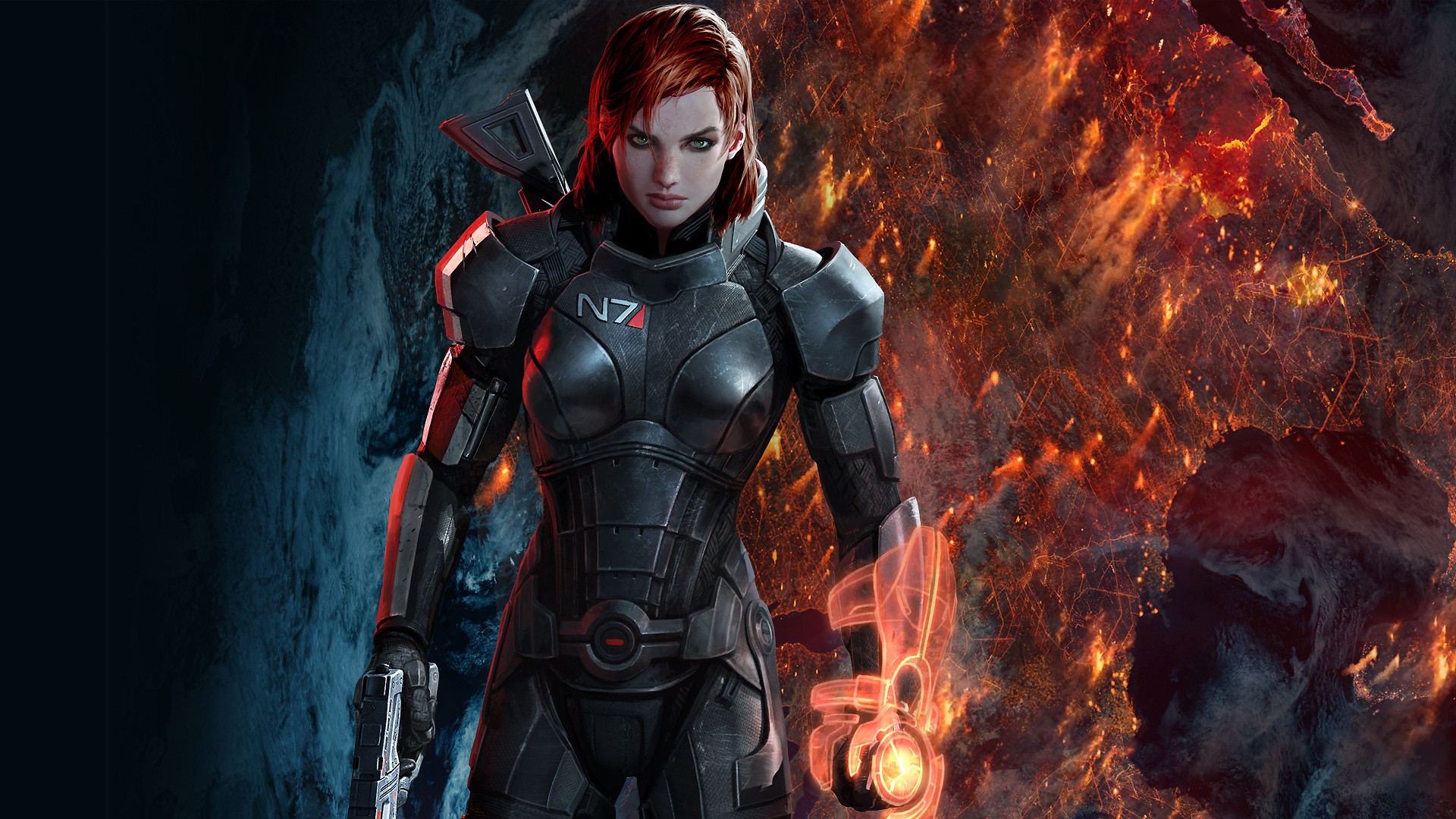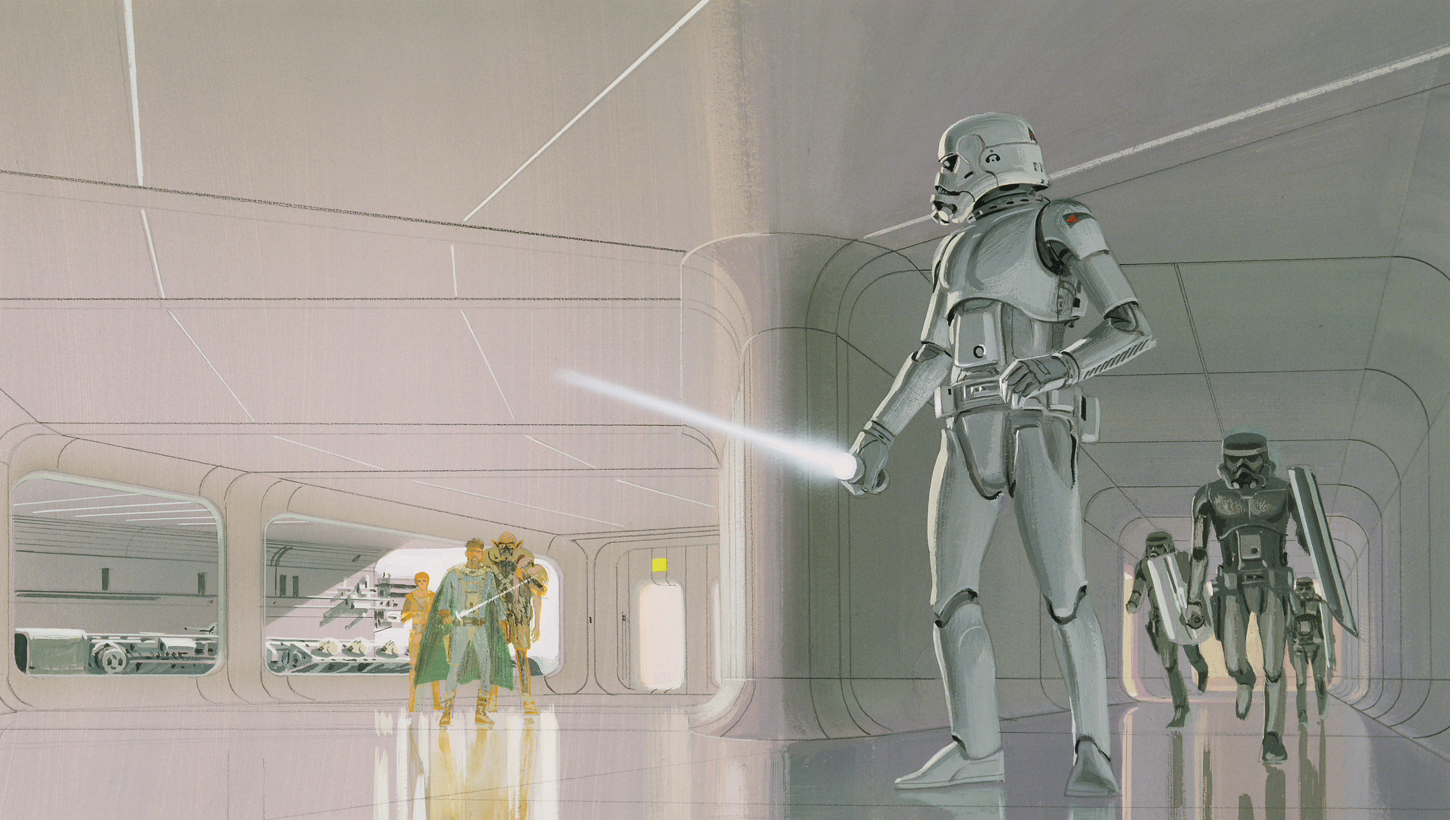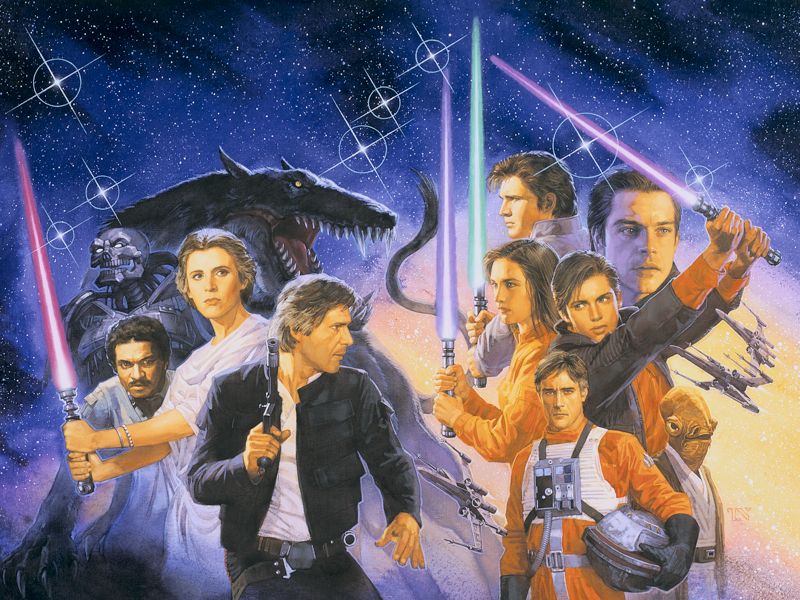
When we think of Star Wars, our minds usually leap first to the likes of Luke Skywalker, Leia Organa, and Han Solo. It’s a natural enough reaction. They’re Our Heroes, the iconic trio, the protagonists of the Original Trilogy, and more or less the defining figures of the entire saga given how most people view the prequels. But they do not stand entirely alone in the galaxy’s pantheon of heroes.
There were many who came before them, and there are many still to follow, for the tales we see on the screen are but a brief glimpse at the history of a much larger universe. What we will concern ourselves with here today, however, is the generation immediately succeeding the Big Three; their children, their friends, and those who would continue their work to ensure peace and justice in a galaxy that does not see enough of either.
